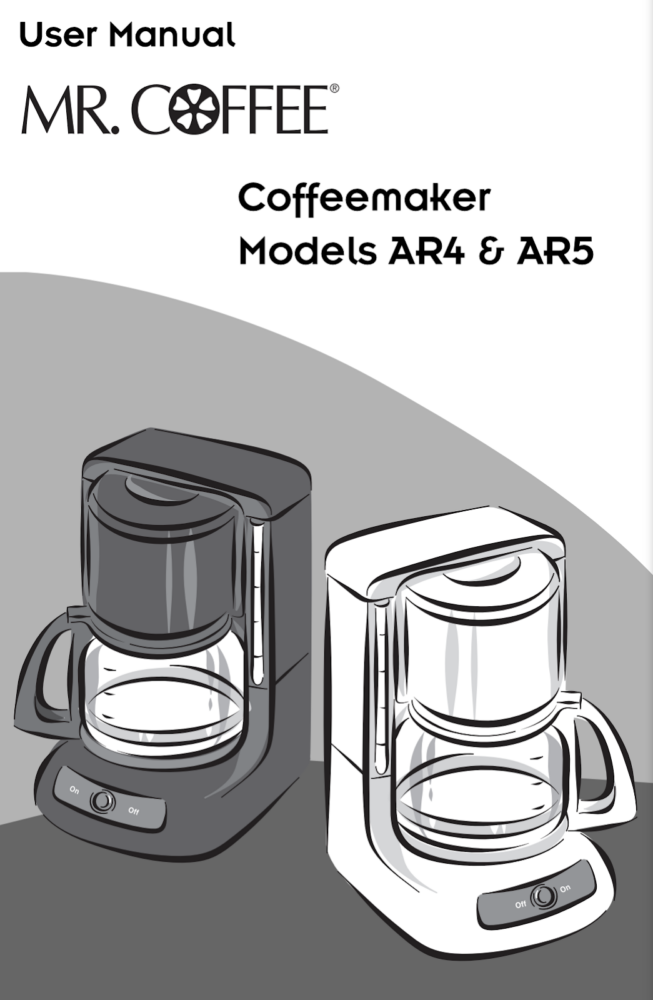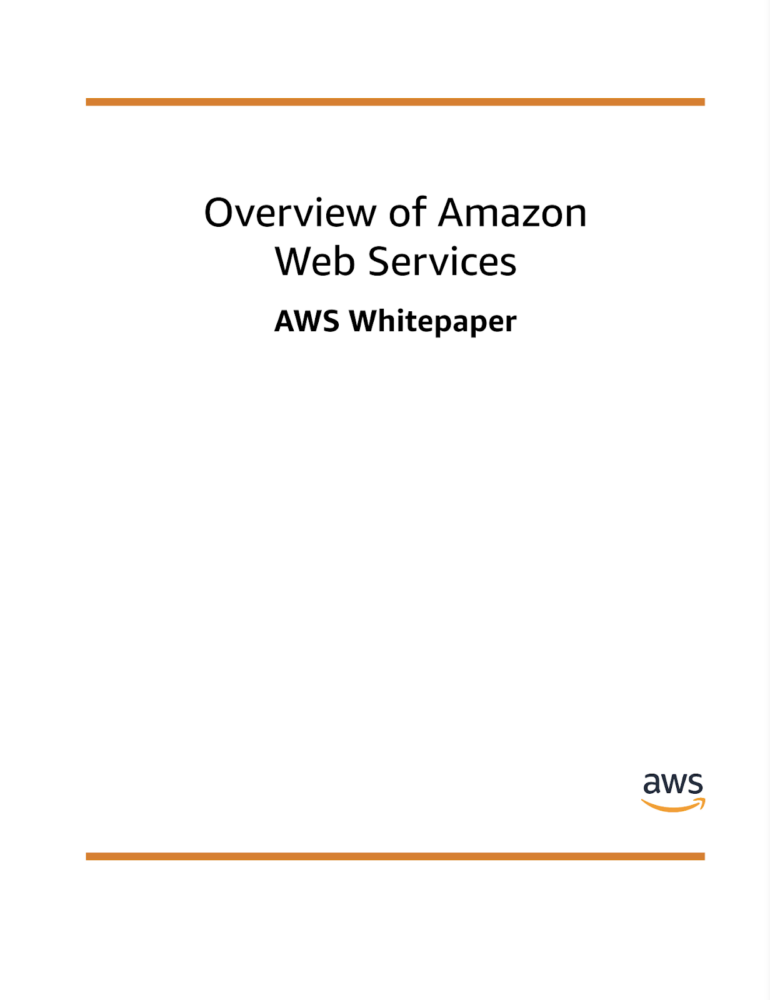If you’re a freelance writer, and looking to expand your writing services, you could be looking into technical writing. But what is technical writing? And what exactly do you need to know to offer technical writing?
Technical writing is a form of communication designed to convey complex technical information in a clear and concise way. The technical writing process includes creating documentation and instructional materials used in various industries, such as technology, engineering, science, healthcare, and finance.
Technical writing can take many forms, from user manuals and product specifications to scientific reports and research papers. You can be a full-time, part-time, or a freelance writer, too.
In this article, you’ll learn what technical writing is. You will also learn what it takes to become a technical writer and know how to find opportunities that will land you the job of your dreams.
What is technical writing?
Technical writing is part of a broader term called technical communication. It involves creating written content on specialized topics. The main goal of technical writing is to convey complex information. This is so people can understand it even if they have no previous experience or knowledge on the subject.
Technical writing should help people carry out tasks and achieve their goals. These tasks include using a software application, operating industrial equipment, preventing accidents, or complying with legislation.
In other words, technical writer jobs entail explaining complicated ideas, theories, or procedures used in a specialized industry. These industries include the engineering, sciences, IT, medicine, and other technical fields.
That said, technical writing isn’t primarily intended for a general audience. It caters to a specific group of people. Businesses and organizations use it to communicate new business processes, set marketing guidelines for content, B2B or SaaS marketing, or help streamline workplace operations.
7 technical writing styles
Now that we answered the question, what is technical writing, let’s learn about technical writing styles. So, if you’re planning to start a career in the field, you need to know which one you’ll specialize in. Below are some of the most popular ones:
Technical documentation writing
This is the most popular type of technical writing. It is typically known as product-related writing since it is used to describe the features and uses of a product, typically industrial-level machinery. Technical documentation includes repair, owner, and technical manuals, maintenance guides, engineering specifications, and reference materials.
A technical document is intended for an audience such as engineers, mechanics, technicians, and scientists. The concepts and instructions described in the technical documentation are usually meant to prevent fatal errors in the workplace.
End-user instruction manual writing
This is a type of technical writing that most of us encounter.
Instruction manuals, unlike technical documentation, aren’t for highly complex, industrial-level machinery or equipment. They describe the instructions for gadgets and software used by everyday consumers.
The goal of creating manuals is to provide users with the information they need to set up and start using their product. This way, businesses can minimize tickets or requests for the customer service department and improve user experience.
Technical report writing
Technical reports are the documentation that keeps track of complex processes or products. They also offer information on the product history, development, or structural and operational modifications.

These reports can come in various forms:
- lab reports
- progress reports
- justification reports
- compliance reports
- annual reports
Usually, technical reports follow strict writing and formatting rules. These rules can be determined by the organization preparing them, or an external party in case auditing is required.
The task of technical writers is to write and edit material for clarity and accuracy, in compliance with those rules.
Technical reports target a very narrow audience, for example, a committee or a board of directors.
Writing of policies and procedures
Every company needs a set of guidelines to manage its organization efficiently. These policies and procedures ensure productivity, create a safe working environment, and reduce liability risks.
Additionally, policies and procedures help prevent lawsuits from workers who claim they were unaware of particular rules and regulations and uphold the company’s reputation.
Usually, technical writers prepare these policies under the supervision of a compliance expert or a member of senior management.

These documents are dedicated to employees or a team, and they must communicate requirements in a very straightforward way using non-discriminatory language.
Business plan and proposal writing
Business proposals and plans are traditionally a type of business writing. However, because of the growing need for focused and documented research conducted by finance professionals, business proposals now require a more technical approach.
A business plan is a comprehensive document detailing a company’s growth strategy. This is intended for potential investors or financial institutions.
Before investing money or granting loans, investors and banks need a detailed business plan. Such a plan involves financial research that includes spending predictions, potential losses, profit margins, and competitive analysis.

Feasibility study writing
Feasibility reports or studies examine a process, product, or project to determine its viability.
Feasibility studies are supposed to provide guidance and insights based on existing data. In these types of documentation, the writer must present the information clearly so everyone can easily understand it.
Therefore, the studies often include some forms of visual aids like graphs.The studies also typically include finance details, timelines, or business practicalities.
Unlike technical reports, feasibility studies are prepared for external parties such as investors or controlling institutions.
White paper writing
A white paper is an authoritative document a company creates for an external audience to help them solve complex problems. So, white papers suggest a specific solution, product, technology, or procedure. That solution is the company’s solution. Ultimately, then, white papers also help establish the brand’s authority in the industry.
Although they’re not really necessary, a white paper sometimes incorporates graphic design elements. This is so the document will appear more appealing to the reader.
What it takes to be a technical writer
Because the term technical writing is very broad, there’s no one path to becoming a technical writer.
Around 72% of technical writing professionals hold a bachelor’s degree, and they mostly study English, Writing or Business. You can also get a master’s degree in technical writing. However, most technical writing positions only require at least a bachelor’s degree.
That’s not to say you can’t be a technical writer if you don’t complete these courses. You could still become a technical writer if you have a background in science, medicine, engineering, software, manufacturing, or other technical sectors.
If you’re still in college and you want to become a technical writer, you can first search for internships to gain more experience. You can also find a technical writing course to improve your skills. Take on other writing jobs. You can, for instance, become a copywriter and write ads or create landing or product pages. Do this enough and you’ll learn how to convey complex concepts in a simple way.
You can also apply to become a content writer for long-form pieces. Content writing mostly involves writing educational materials, e-books, or blog posts. Basically, the job would also entail editing to create engaging content. You would also need to optimize blog posts and promote them through various marketing channels.
In the end you should keep in mind that education and writing experience are just a part of getting a job as a technical writer. There are other aspects you need to consider. Let’s look at those one by one:
Skills required
Technical writing skills include more than working with words. One of the most important aspects of the job is research skills. Research is critical in technical writing since it will determine how the entire written output will look. Research requires collecting data, interpreting publications and studies, and synthesizing the information into digestible forms.
Technical skills are also crucial to this career. You need to understand the content you are researching and writing about. It’s difficult to convey the information in a straightforward way if you don’t truly understand it. That’s why technical writing is easier for professionals that have academic or work experience in the topic they are writing about.
A successful technical writer also has impeccable communication skills. Understanding the audience and communicating with them properly is vital. You need to be able to construct the content in a way that is understandable for the audience it’s meant for.
Some technical content caters to highly skilled professionals. Other content is intended for general audiences. It’s important to distinguish between the two types of audience so you can adjust the language and the concepts that you use.
Other important skills a technical writing professional should possess include:
- Teamwork
- Management and planning
- Editing and proofreading
- Critical thinking
- Complex problem solving
Finally, impeccable writing skills are a must-have for a technical writer position. You should be able to convey your thoughts clearly and adapt your writing style. A content generator or a grammar checker can help you polish your work, but, ultimately, it’s still you who has to lay down the foundation of your written content.
It’s also important to be mindful of errors and proper formatting.
If you master these skills, you can be sure that technical writing will be easy for you.
Daily tasks
What is technical writing? Well, contrary to popular belief, the day-to-day duties of a technical writer involve more than typing on a keyboard. A technical writer is also responsible for planning out the content for upcoming projects and managing time and resources properly.
While general research on the topic is important, a technical writer should also gather information on their company’s or department’s line of business. The next step is to sort and select the most relevant information.
Then comes the content creation process. This involves going back and forth to check the information you gathered for relevance. After you finish the draft, you must check for any errors and edit the content. At this point, the piece is handed over to an editor or manager for a final check and for approval for publication.
A technical writer’s responsibilities also include documenting the process. This involves making copies of all technical documents and entering them into the database for data security. It’s crucial to maintain a clear workflow that will help you systematically accomplish your work.
Good technical writers also create a comprehensive glossary of technical words or a library of useful resources. It’s a practice that helps in the future content creation of technical documents.
Career outlook as a technical writer
The way we communicate with colleagues, clients, and end-users has transformed due to workplace digitalization.
With less emphasis on in-person interactions, technology, and written communication have also, in general, taken on greater significance. This shift has created an ideal environment for the growth of the technical writing field.
All that said, the demand for technical writers is projected to grow 6% from 2019 to 2029, according to the US Bureau of Labor Statistics.
Technical writer jobs entail working in corporate offices and government agencies. Technical writers can also work as freelance writers. Around 36% of technical writers provide professional, scientific, and technical services.
Many technical writers work full-time, but part-time and contract work is also common in this field. A lot of writers’ jobs are remote, which is another benefit of choosing technical writing as a career.
In terms of pay, a technical writer’s salary varies, but it’s generally good. The median annual wage in the United States is pegged at $74,650 as of May 2020, according to the US Bureau of Labor Statistics.
As technology continues to advance and the need for clear and concise technical documentation increases, the demand for skilled technical writers is likely to remain strong in the years to come.
Where to find jobs
Technical writers can get full-time positions with software or hardware companies, engineering, IT, or biotech firms. They can also work for non-government organizations and government agencies.
However, some opt to work on a contract basis or as freelance writers.
The most common platforms you can find a job as a freelancer include:
Fiverr
It’s a marketplace where you can promote your services and easily connect with potential clients.
You can create a free account, describe briefly what you offer and add your rate. Clients can post orders for you to accept and contract you for further details.
Upwork
It’s a platform where potential clients can post a listing you can respond to.
You can see the client’s previous history and reviews before you apply. You can also see how many people already sent a proposal to the client to verify the demand for your services.
Freelancer
It’s a website where clients post listings, similarly to Upwork. When you’re setting up an account you can choose what kind of jobs interest you the most, or you can use numerous filters when browsing through offers.
You can also find listings for full-time contracts on Freelancer.com.
Jobgether
It’s a platform where you can find full-time jobs as well as freelance opportunities.
You can filter the offers based on flexibility, perks, and even yearly salary. It’s especially focused on engineering and software development if that’s what you want to write about.
However, before you apply for a technical writer job, it’s important to understand the field and what you want to pursue in your career. The best way to start is to talk to other technical writers and ask them what their daily job duties include. It’s also helpful to review technical documents, such as customer support content or professional guides, to know what kind of content you want to write.
Prepare a portfolio to prove your skills. If you don’t have experience and you’re applying for an entry-level position, you can examine technical documents on your own to create a portfolio.
Is Technical Writing for You?
Now that we’ve learned what technical writing is — an essential component of many industry processes — do you think it’s for you?
Technical writing entails communicating complex information to a wide range of audiences. Whether you are creating user manuals, technical reports, proposals, or white papers, it is important to use clear and concise language. Provide relevant examples and illustrations. Also, don’t underestimate the importance of extensive research. Work closely with experts to ensure your writing is accurate and relevant.
To apply for a technical writer job, start by finding a writer in the field in your existing network. Connecting with other people can help you find job opportunities and support you on the journey to becoming a technical writer. You can also attend conferences and events in your area to improve your expertise and build your network of contacts.
Good luck!
Keep the conversation going...
Over 10,000 of us are having daily conversations over in our free Facebook group and we'd love to see you there. Join us!






